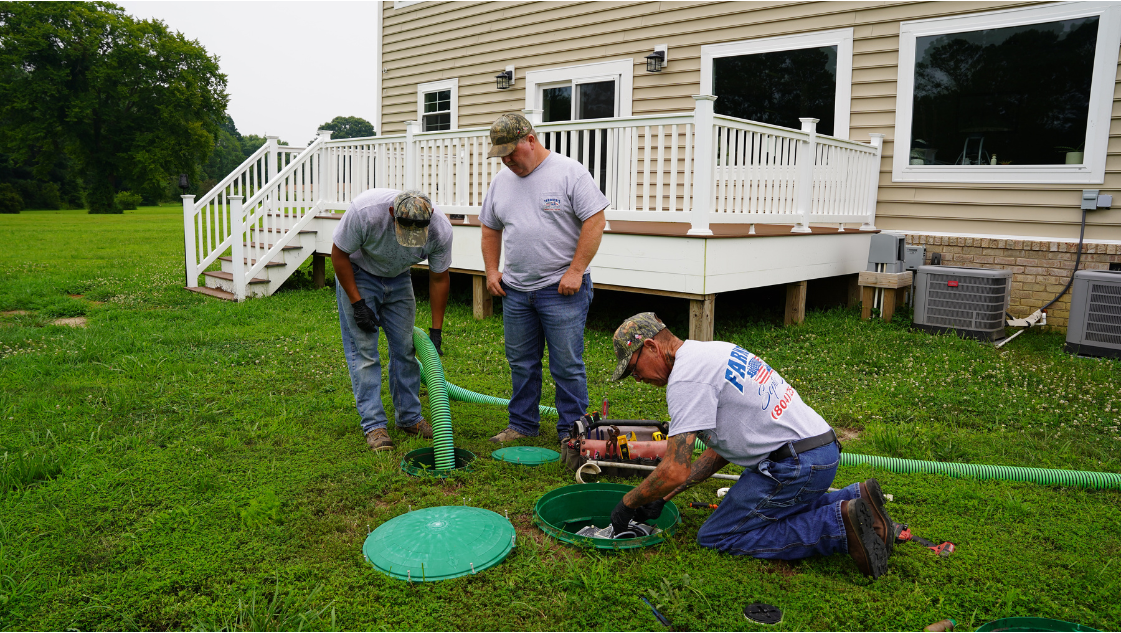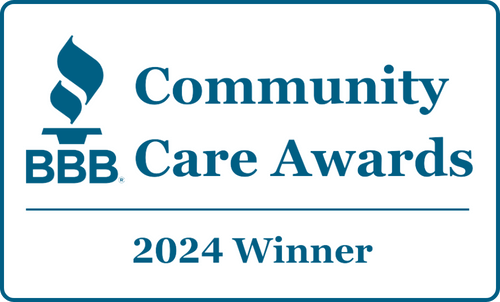
Promote the durability and effectiveness of your septic system by following our thorough guidelines for maintenance. Access our informative rack card to grasp essential tips and practices for effective care and maintenance. Our guide will assist you in protecting your investment and preserving a hygienic septic environment.
Septic System: Do's
- Have your alternative septic system inspected annually and conventional systems every 3-5 years, by a licensed contractor and have the tank pumped, when necessary, generally every three to five years.
- Ensure that the breakers for the septic system in the house and control panel are switched on. Installers sometimes overlook turning on these breakers in the panels.
- Run gutters away from drain fields and tanks to prevent excess water accumulation.
- Check floats in the back of toilets regularly to ensure they are set correctly.
- Install risers on tanks above grade to prevent water from entering the tanks.
- Seal risers with silicone to prevent groundwater infiltration.
- Make sure all screws are installed properly on the risers.
- Use waterproof wire nuts in the splice box.
- Elevate aerators off the ground using blocks or wooden stands for better performance.
- Mount control panels in easily noticeable locations for quick access by occupants.
- If the alarm or light comes on, promptly contact your installer or operation & maintenance operator for assistance.
- Prior to installing pools, sheds, or fences, ensure that the drain field and septic tanks are marked off to avoid interference with the sewage system.

Septic System: Don'ts

- Any sewage system, whether aerobic or septic, should not have any inorganic materials that the bacteria cannot consume, such as plastic, cigarette butts, throwaway diapers, feminine napkins, condoms, etc.
- Clearstream does not recommend the use of garbage disposals in septic systems.
- Don’t run water softeners into the septic system because it puts an overload on the drain field.
- Large amounts of harsh chemicals, oil, grease, high suds detergents, discharge from a water softener, disinfectants, or any other chemical or substance that kills bacteria should not be discharged into the system.
- Don’t allow painters to clean brushes or paint pans, etc. in house drains, as this can lead to clogged filters, cause issues with the UV disinfection unit, create blockages in the drip tubing, and more. If such incidents occur, it will necessitate pumping and cleaning of the tanks.
- Don't park or drive on your drain field. The weight can damage the drain lines.
- Don't plant trees or shrubs too close to your drain field, roots can grow into your system and clog it.
By adhering to these dos and don'ts, you can ensure your onsite wastewater systems' optimal functioning and longevity. At Farmer's Septic, we are committed to providing the necessary resources and support to maintain your systems effectively. Remember, proper maintenance not only preserves your investment but also contributes to protecting the environment. If you have any further questions or need assistance, don't hesitate to contact our team of experts at 804-725-9645.




